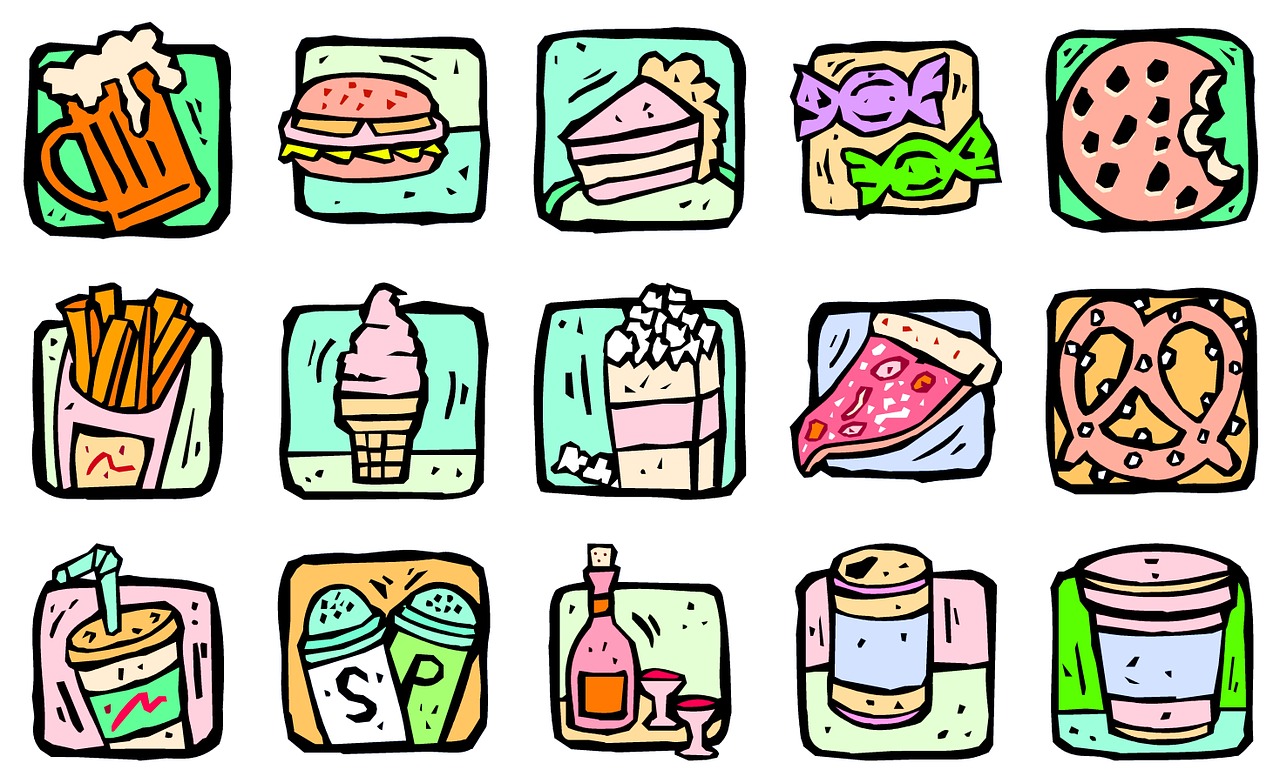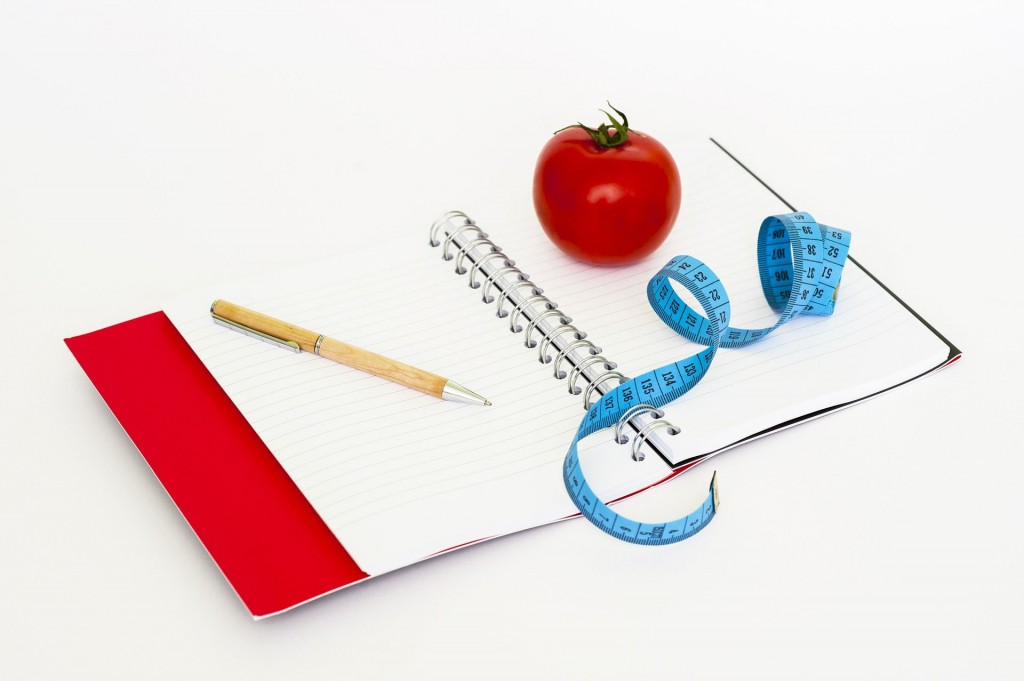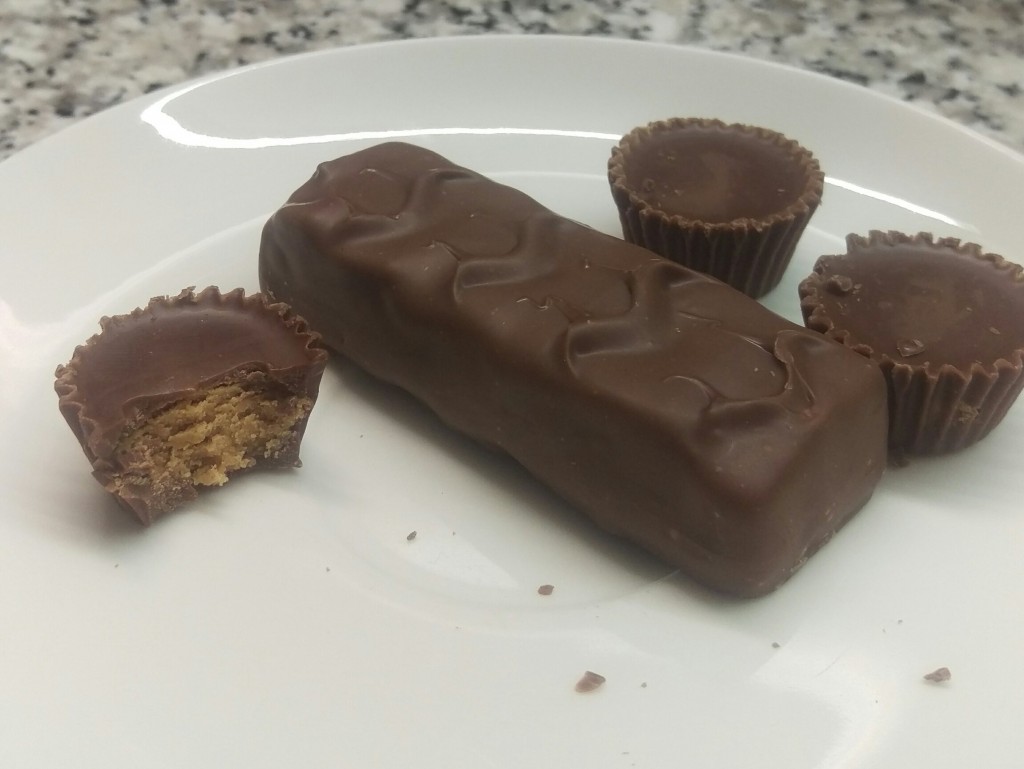
“You know, you shouldn’t be eating bread. Our ancestors didn’t eat grains.”
“Put down that juicy steak! Red meat causes cancer!”
“You can’t lose weight eating carbs. They spike insulin…and stuff.”
Diets are a dime a dozen these days. For every bad movie sequel, there seems to be an even worse diet around. There are ancestral diet templates, vegan, low fat, zero carb, raw food and fruit based diets (??). We actually have diets that limit food intake to one particular food.
How sustainable is that? On another note, how healthy do you think that is? The problem with most of these diets is that they’re not designed with long term success in mind. After the initial weight-loss you find yourself struggling to maintain your new weight. To keep from gaining it all back, you resort to increasingly extreme measures.
Stop looking for quick-fix solutions and start adopting a more moderate approach to eating! Deep down inside we know it’s not right… yet we make the same mistakes over and over again. Why?
Because we love extremes.
People want to be told that they can’t have pizza, chocolate, sugar, bread or any other “unhealthy” or “non-diet” food. If they decide to commit to a program it better be rigid and restrictive, leaving them miserable for the duration of their diet, before they eventually fall back to old habits. Sounds crazy? Why do you think the Adkins, paleo, vegan diets are all the rage these days. These diets do the thinking for you. They eliminate uncertainty.
People know what to eat and what to avoid on specific weight-loss programs. It’s all laid out in advance. The problem with these highly restrictive eating systems is that they do not respect individual requirements. They’re not sustainable and will inevitably cause more problems down the road.
I’ve tried all kinds of questionable diets over the years. I’ve eaten low carb, low fat, paleo, the Snickers diet (ok not really… maybe I should try it though) and some other crazy stuff I don’t even care to elaborate. Partly for performance reasons (increasing my athletic ability, enhancing muscular growth and recovery), partly because, well… I enjoy being uncomfortable and doing things others consider crazy.
I was on a mission to find the “best diet“. After years of experimenting and studying the literature, I can tell you this:
Moderation is Key
Not very sexy, right? Not the revelation you had hoped for. But trust me when I say you need to have a more moderate approach to eating in order to be truly healthy and functional (and sane).
“But moderation won’t help me shed body fat! I need to cut out carbs/fats/sugar/gluten/____ (insert random macronutrient or food item here) in order to lose fat and get lean.”
No you don’t.
What you need to do is cut back on the crap you’re eating and eat less than your body is expending on a daily basis. You need to create an energy deficit first and foremost. Everything else is secondary! Do that and you’re on your way to a better physique.
Count your calories and macronutrients for 60 days.
I recommend you use one of the many calorie counting Apps on your smartphone. This will open your eyes to how weight loss and weight gain really work. It’s a numbers game plain and simple. No magic foods. No magic formulas. No magic pills. Calories in vs. calories out.
Do this for 2 months and don’t listen to others claiming that it’s unnatural or neurotic. Trust me, it’s a game changer.

“OK Vic, but why can’t I just listen to my body and eat less?”
You sure can. And the goal is not to count calories indefinitely. Most people, however, have no idea how many calories their regular restaurant lunch or Starbucks double-chocolate mochachino (with cream) contain. For them these services provide a much-needed wakeup call. The goal is not to count calories till the end of your days. It’s to instinctively know how much the body needs in order to sustain itself. Additionally, analyzing your food choices and eating habits will provide valuable insights on what you should and shouldn’t do.
“I counted calories once and didn’t lose any weight despite dramatically lowering my food intake.”
I’ve had clients come to me claiming they eat fewer than 1000 calories and they wouldn’t lose weight. First off, if you eat that little and you’re not losing weight, check your protocol. Chances are, you’re not accurately tracking your food intake OR you’re eating a bunch of crap. Even though eating crap shouldn’t be detrimental to weight loss (ever heard of the Twinkies diet?). Calories still reign supreme.

“So… what should I eat?”
Stick to a protein rich diet. Fats and carbohydrates should be adjusted to personal preference (this is key!). Me personally, I prefer a higher fat, moderate carb diet. Others will do better on a lower fat, higher carb protocol. Figure this out for yourself!
“Different needs require different diets.” – Vince Gironda
There are no magic foods, no special macronutrient ratios. Proteins are non-negotiable, however. I’ve experimented with all kinds of macronutrient ratios, low carb, low fat, even low protein diets. The take home message here is:
Everything can work and some radical templates might have their place, BUT (!!) they’re no long-term solutions and they will create more problems down the line.
Our bodies haven’t been built for radical diets. Use common sense. Look at what people have been eating in the past, throughout history (no, not paleo!) and start thinking outside the box. Eat a mostly unprocessed or minimally processed diet and give it some time. Be patient, your body will respond.
Please don’t go looking for any crazy diet because your metabolism is sluggish or damaged. No. Control your food intake and you control your weight. Plain and simple.
Extreme diets will never work
The problem with the “everything in moderation” approach to dieting, is that humans weren’t designed to eat (and live) in moderation. When food is available, we want to eat it.
This is where you come in. Introduce a more sensible approach to eating. Forget about the restrictive diets out there and focus on your body’s needs. Pre-commit to a better, more sustainable protocol and don’t back down. Stick to the program and bask in the glory of your (long-term) results.
How to introduce moderation into your diet:
• Don’t be dogmatic in your approach (forget about paleo, vegan, Adkins diets)
• Don’t blindly follow any advice
• If it doesn’t intuitively feel right to you, it probably isn’t
• Customize your routine to fit your specific needs
• Do not heavily restrict certain macronutrients (low-fat, low-carb)
• Do not eliminate certain foods because a new fad diet came out or a TV expert told you that bread was the root of all evil and that sugar will eat your children. Use your head (!) and make educated decisions
• Listen to your body
Now go to work!
If you have any questions or think I’m full of shit, let me know in the comments below.
Thank you for reading
Victor
Super Fotos und tolle Einstellung zum Essen und Sport!
Danke! Mehr Essensfotos sind unterwegs. Vielleicht wird das hier noch ein food blog…